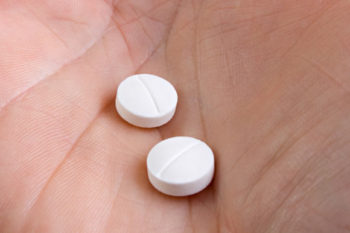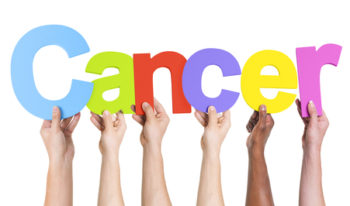
There’s a popular saying that goes, “Everything old is new again.” This may also hold true with immunotherapy for cancer, as researchers explore the possibility of enlisting your body’s ancient defenses against bacterial threats to fight tumors.
Going Back to the Future
A team at Fred Hutchinson Cancer Research Center in Seattle recently conducted a trial of an experimental drug on 15 patients with advanced sarcoma. The drug, known as G100, was based on a molecule called lipopolysaccharide that is carried within certain bacteria.
Lipopolysaccharide is unique to these organisms, so its presence has historically triggered a prompt and powerful inflammatory response. According to scientists, the pathway to this response dates back so far in the evolutionary cycle that it’s nearly identical in all animals.
Over a period of two to three months, participants received an injection of G100 directly into the tumor, along with a course of focused radiation. The injected tumors stopped growing, shrank or even disappeared in 14 of the 15 patients, while tumor growth throughout the body stopped in six of them.
Boosting the Body’s Immune System
Researchers are theorizing that the drug makes the tumor “hot” in terms of activating an immune response aimed specifically at the cancer cells. The next step involves combining G100 injections with an as-yet-undecided immunotherapy agent to see if the treatment can boost the cancer-fighting immune response throughout the body.
Using State-of-the-Art Methods to Fight Cancer
At Issels®, we stay up-to-date on all the latest advancements in immunotherapy for cancer. Contact us to learn more about our non-toxic, integrative treatment programs that are specifically designed for your individual needs.





